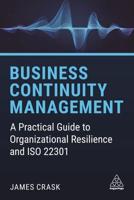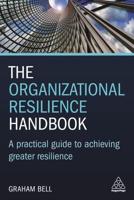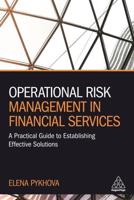Publisher's Synopsis
This book examines the role of risk management in the recent financial crisis and applies lessons from there to the national security realm. It rethinks the way risk contributes to strategy, with insights relevant to practitioners and scholars in national security as well as business. Over the past few years, the concept of risk has become one of the most commonly discussed issues in national security planning. And yet the experiences of the 2007-2008 financial crisis demonstrated critical limitations in institutional efforts to control risk. The most elaborate and complex risk procedures could not cure skewed incentives, cognitive biases, groupthink, and a dozen other human factors that led companies to take excessive risk. By embracing risk management, the national security enterprise may be turning to a discipline just as it has been discredited.










